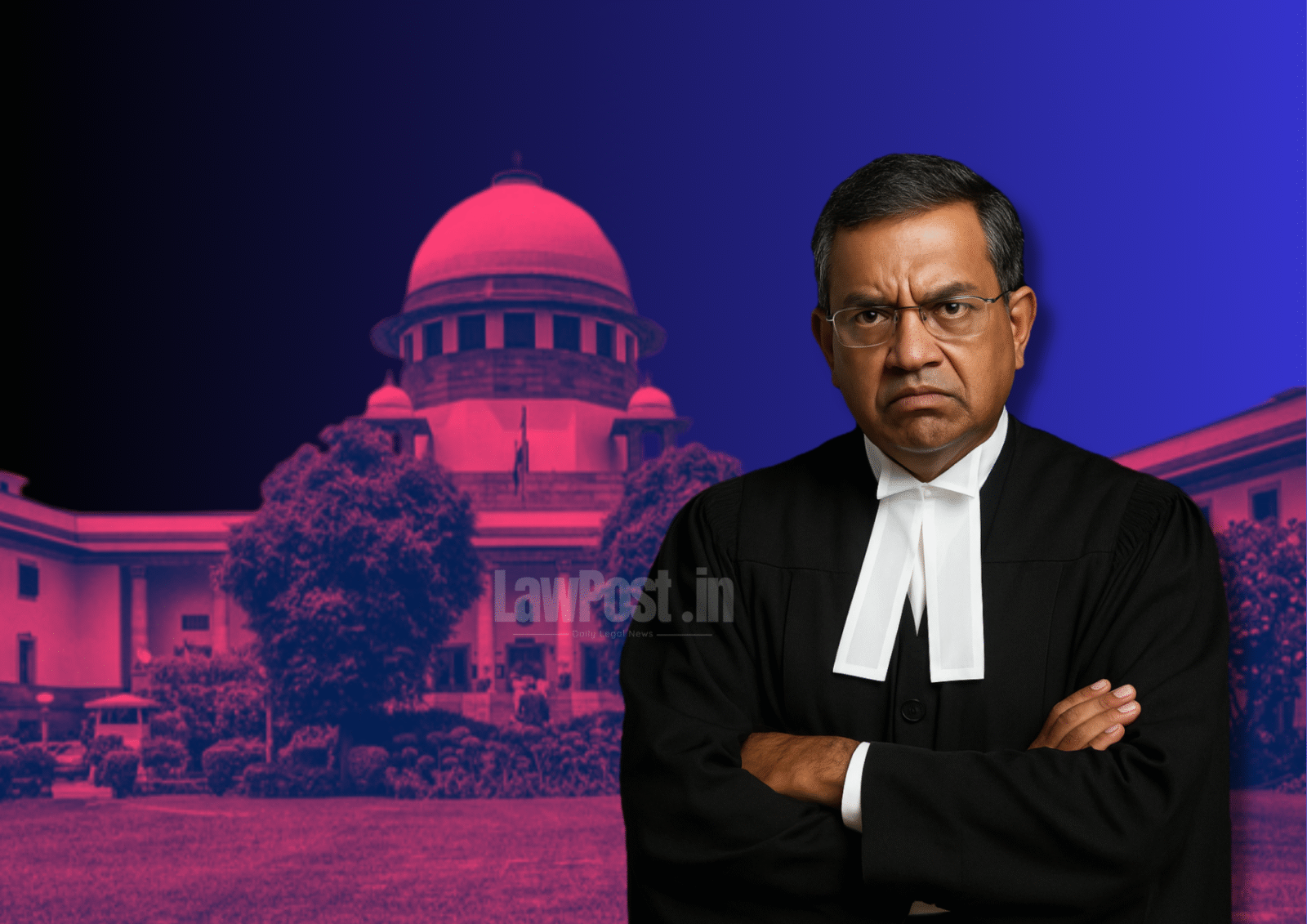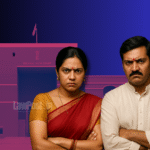The Supreme Court on Tuesday observed that the workload of a judge far exceeds that of a practising lawyer, with “one year of judgeship equating to five years of being a lawyer”. The remark came during arguments in Rejanish KV v. K Deepa & Ors, a case concerning eligibility for appointment as district judges under Article 233 of the Constitution.
A Constitution Bench of Chief Justice of India (CJI) BR Gavai and Justices MM Sundresh, Aravind Kumar, Satish Chandra Sharma, and K Vinod Chandran is examining whether a judicial officer, who has already completed seven years of practice as a lawyer before joining service, can be appointed as a district judge against the Bar quota.
Justice Sundresh, highlighting the practical realities, stated:
“One year of judgeship equals to five years of being a lawyer. That is the volume of work.”
Senior Advocate Jayant Bhushan argued that Article 233(2) must be read in its entirety and not in a manner that makes parts of it redundant. He submitted:
“Any construction of the statute which makes the provision redundant cannot be accepted. If the rival interpretation were to be accepted, part of Article 233(2) would become meaningless.”
Bhushan contended that excluding service judges from eligibility would distort the scheme of the Constitution:
“If the qualification is restricted in this manner, service judges would be entirely excluded. That cannot be the correct position.”
He also cited the Shetty Commission’s findings, which flagged the frustration among civil judges over exclusion from Higher Judicial Service examinations.
CJI Gavai, however, cautioned against overextending the constitutional text:
“You cannot import rules to interpret the Constitution.”
On the other side, Senior Advocate Arvind Datar insisted that Article 233 requires continuous practice as an advocate for the immediate preceding seven years:
“The requirement is that an advocate or pleader should be in practice for the immediate past seven years. The experience must be as a practising advocate, not in service. Article 233 says seven years because the framers wanted to fix a legislative period of maturity.”
Senior Advocates Vibha Datta Makhija and Jaideep Gupta also made submissions.
The hearing will continue tomorrow.
Case: Rejanish KV vs K Deepa & Ors – Available on LAWFYI.IO








